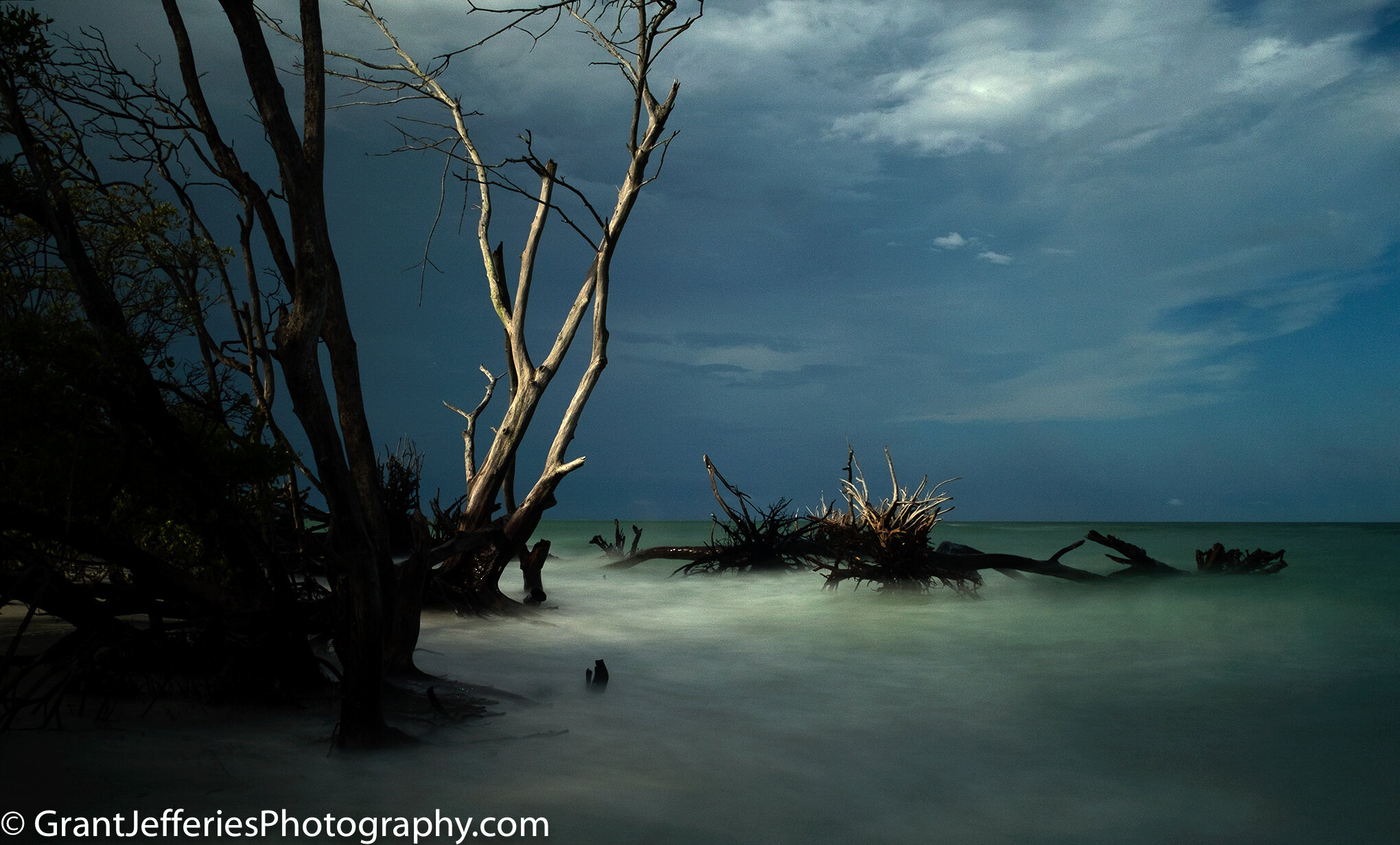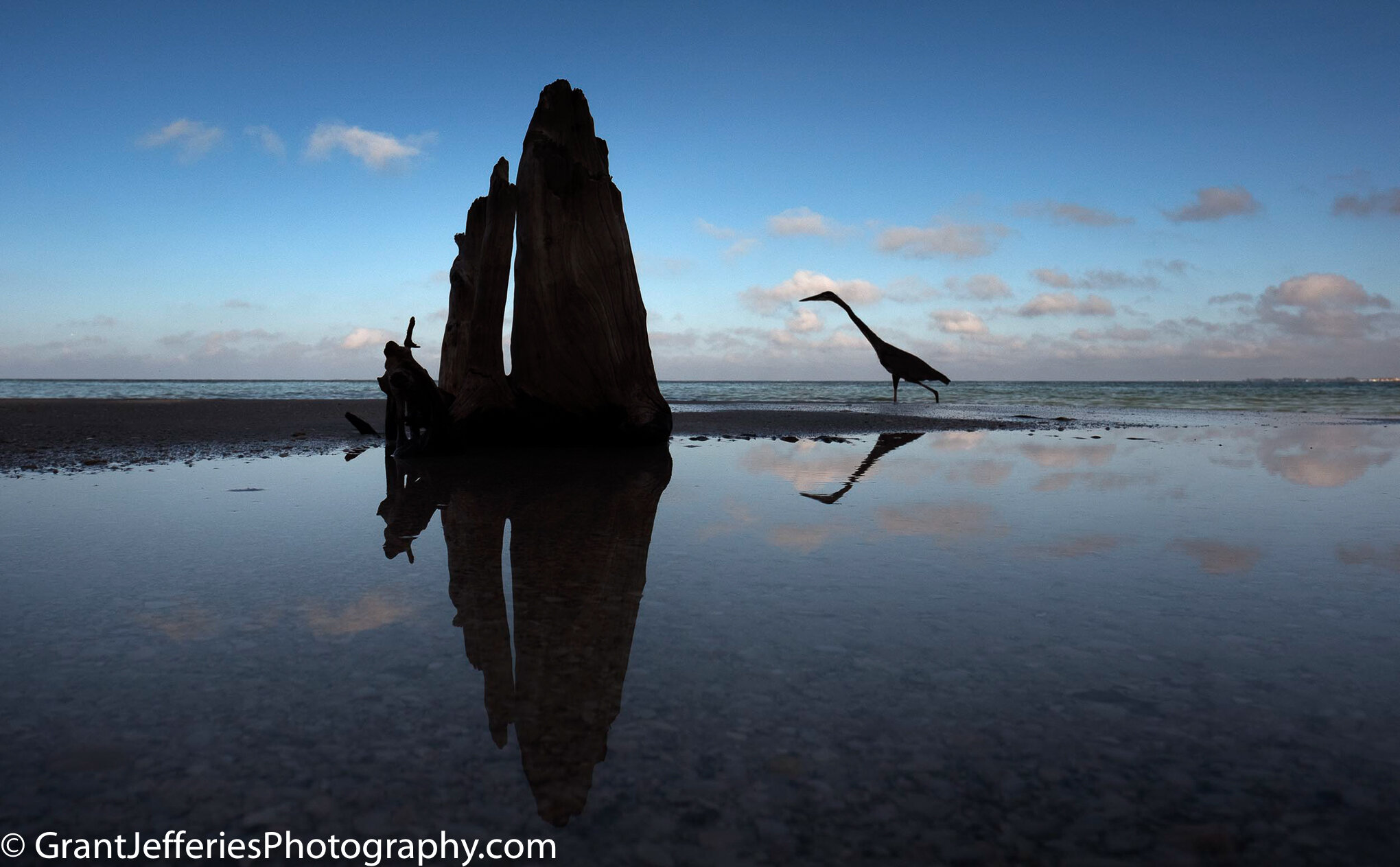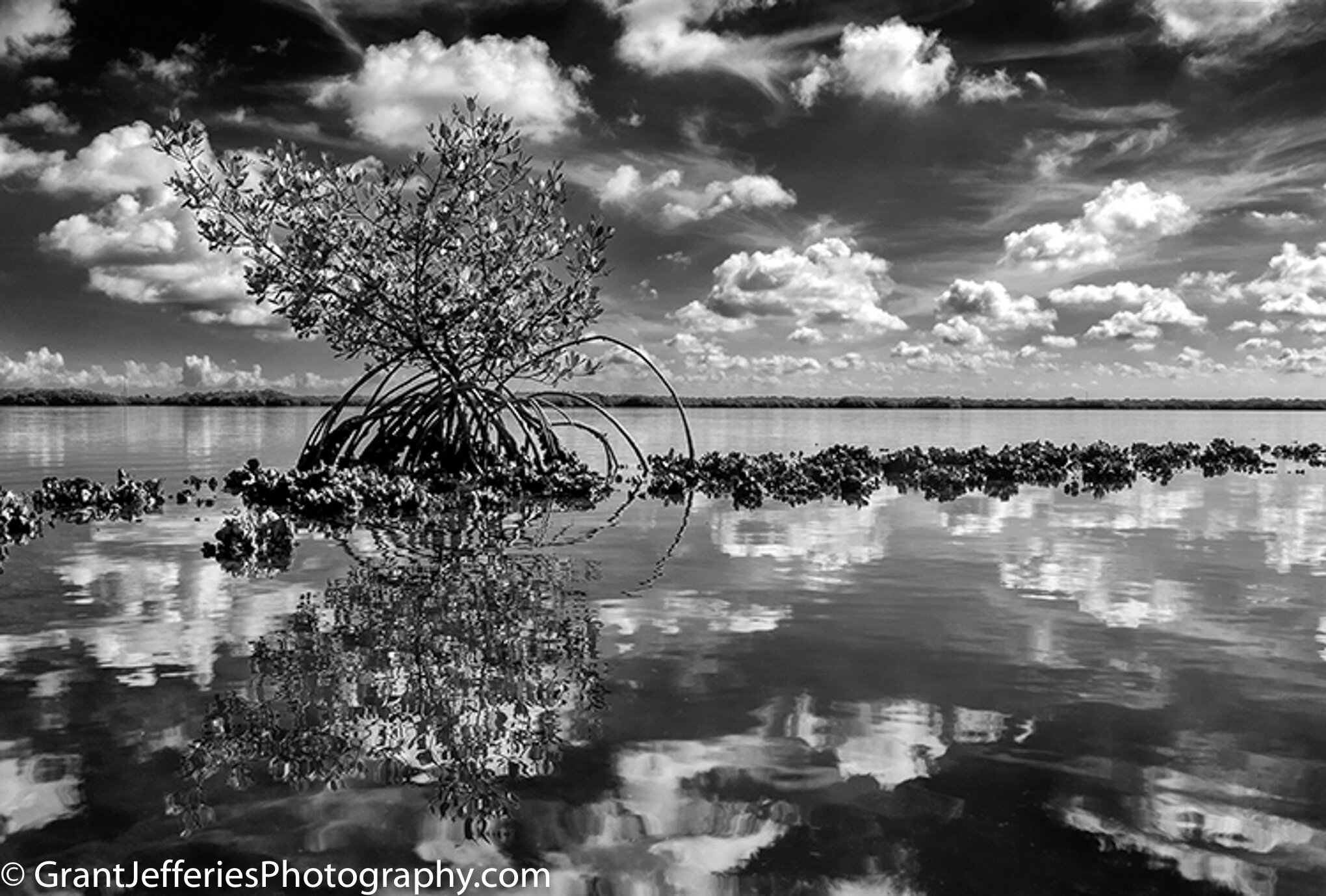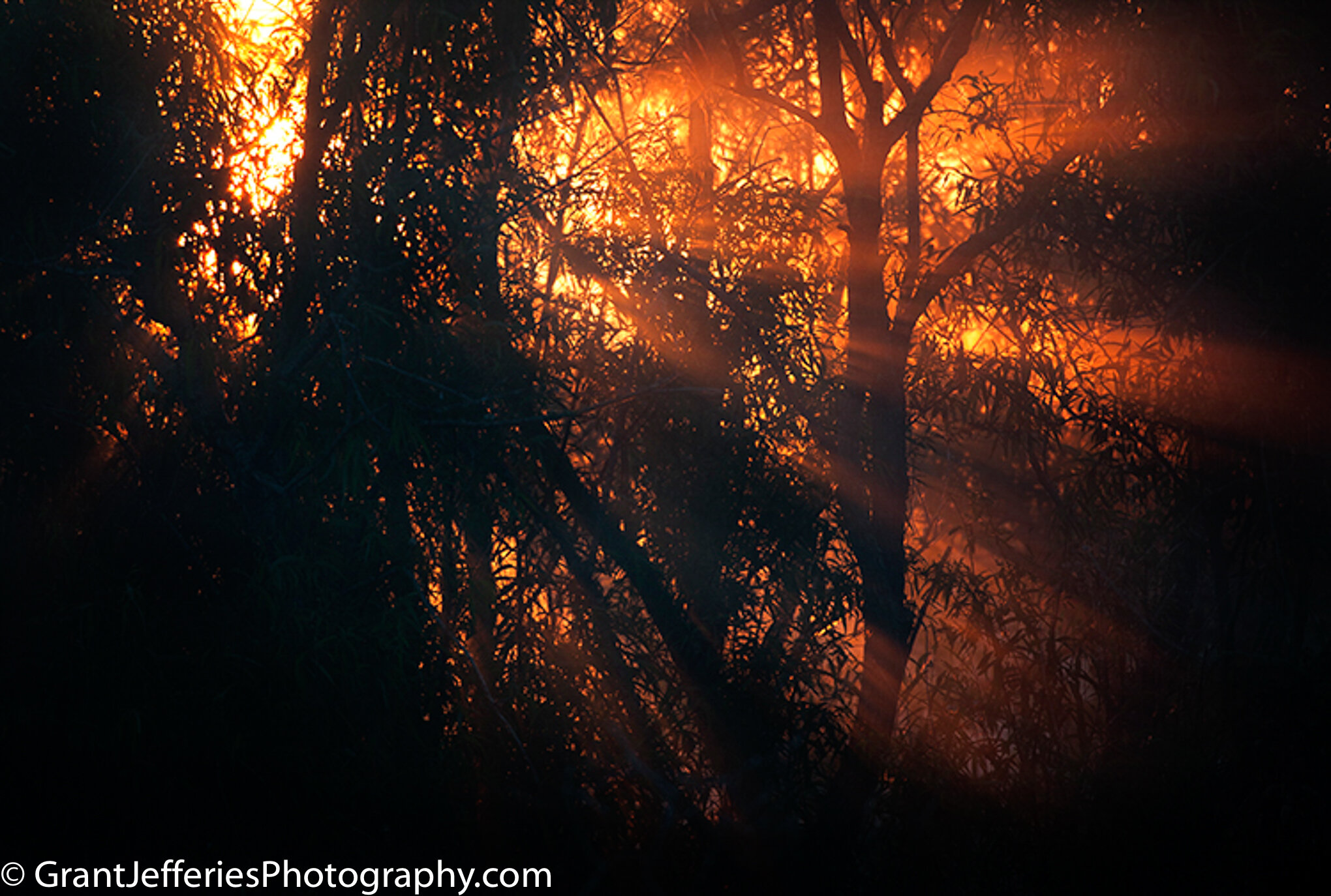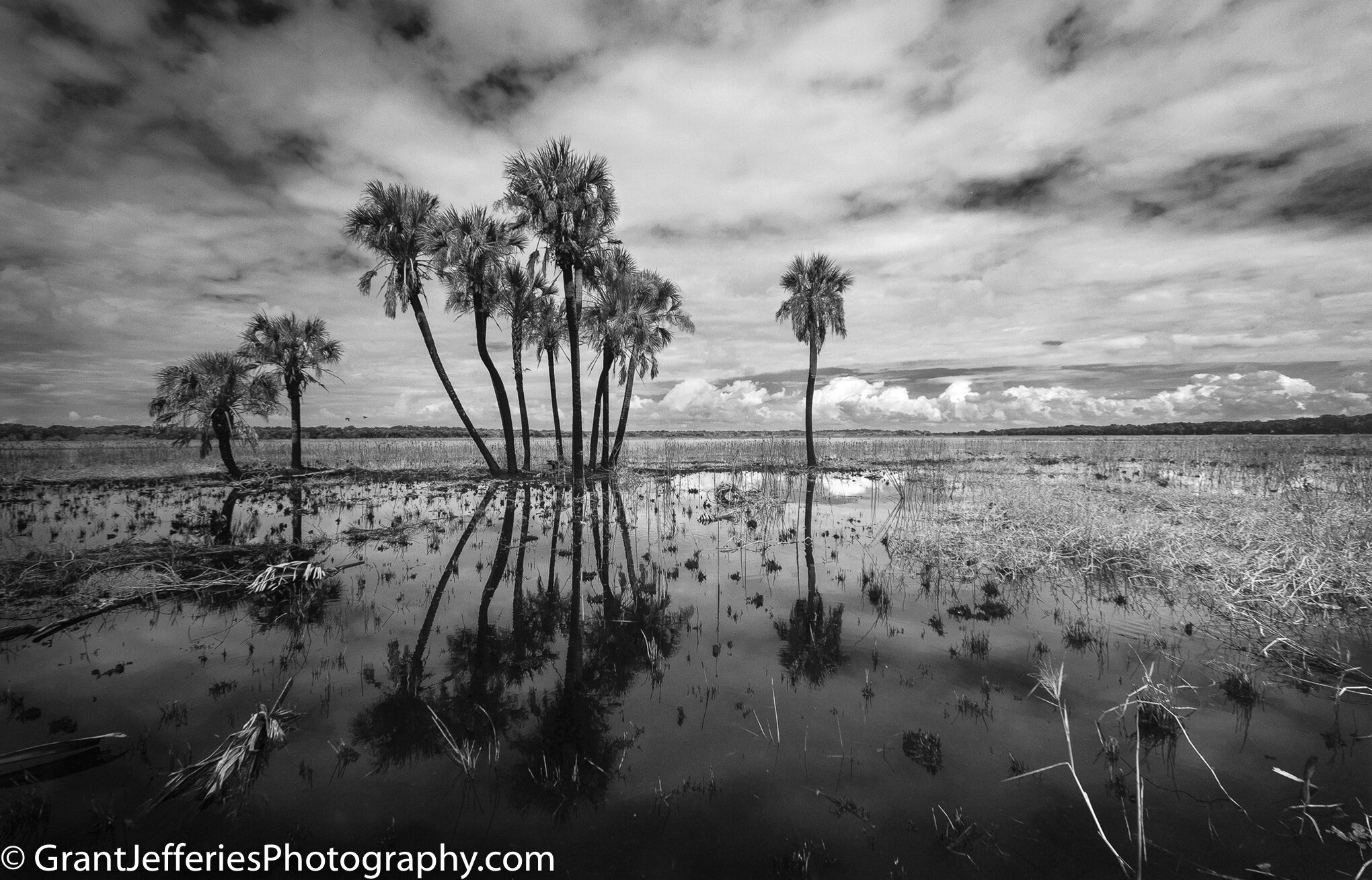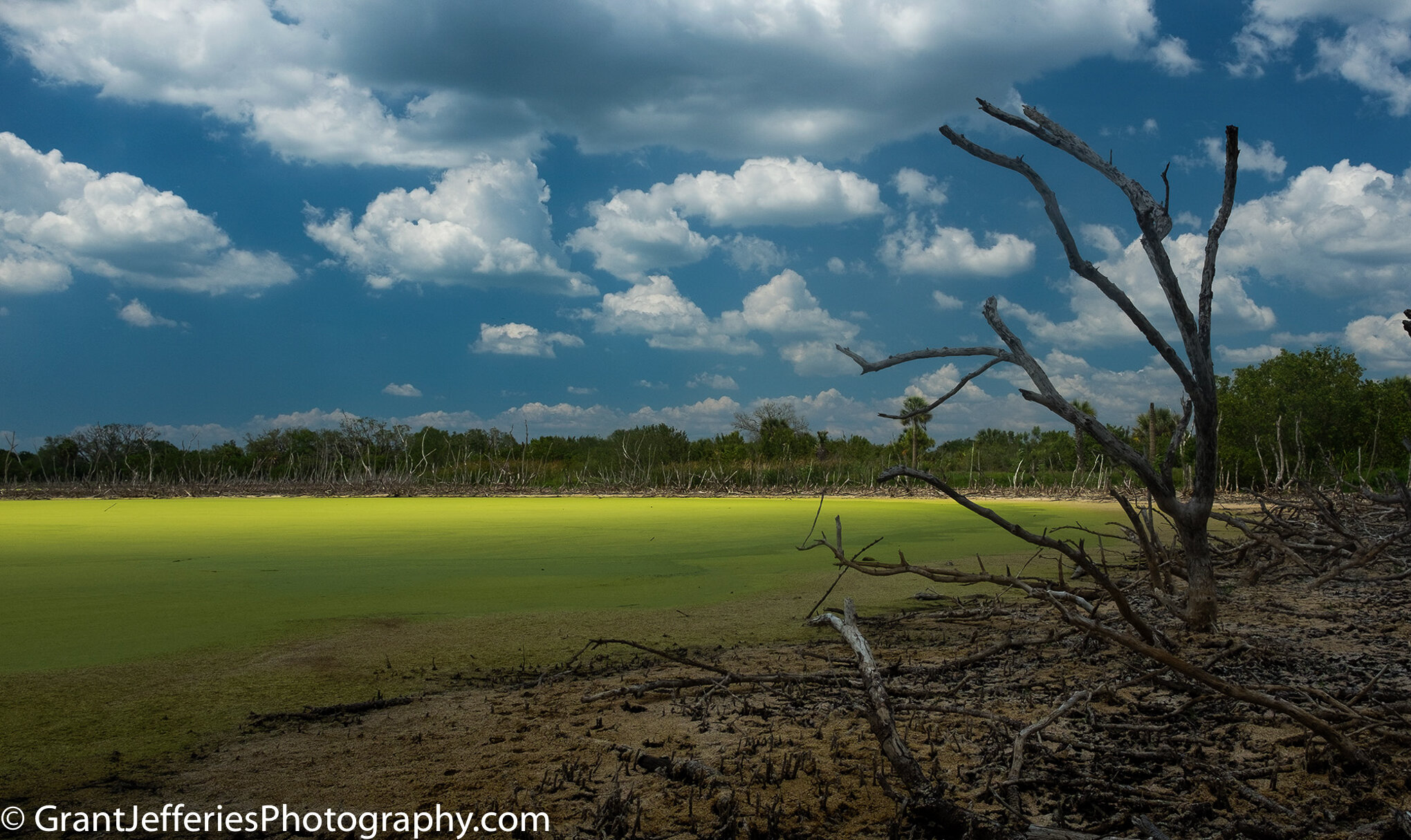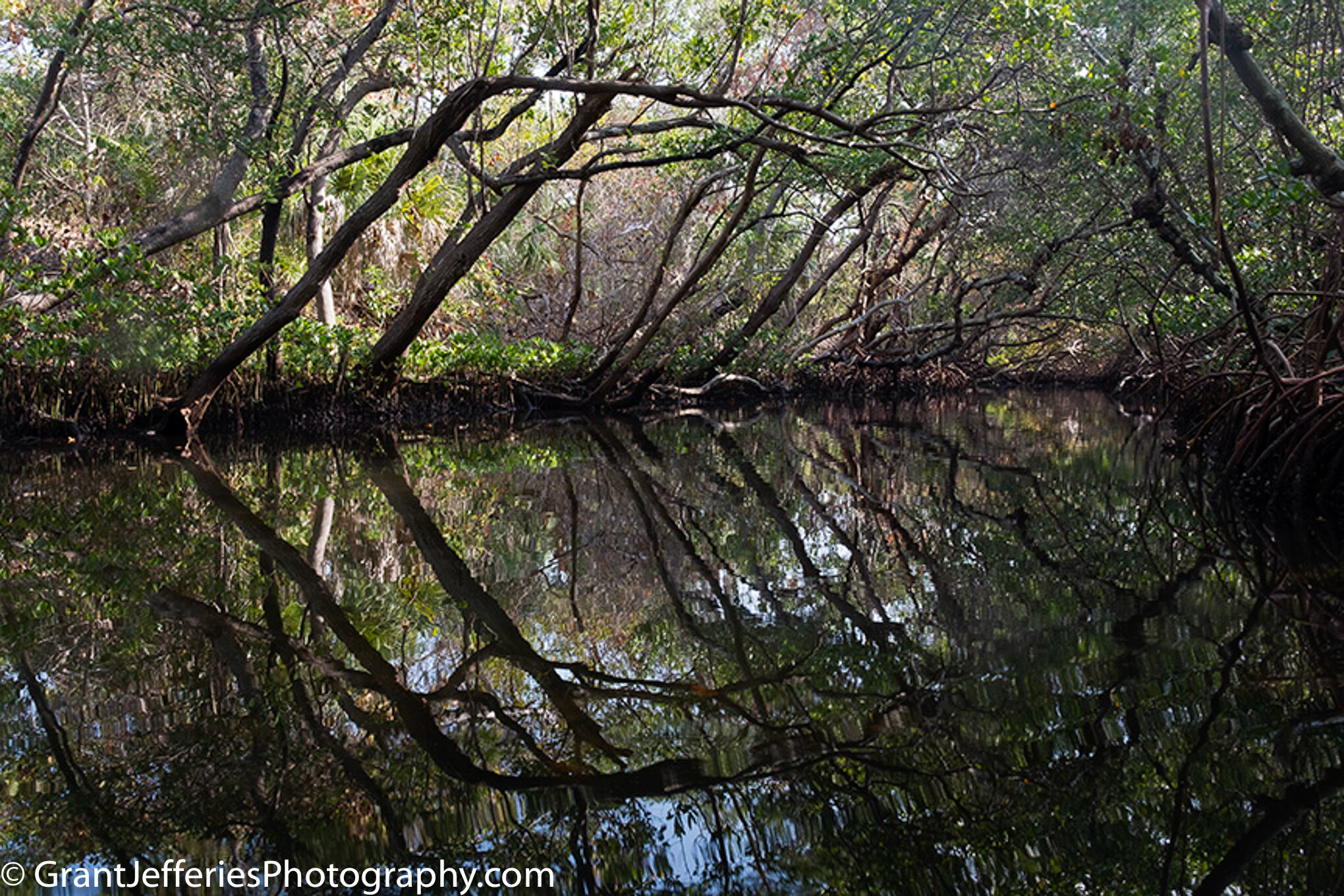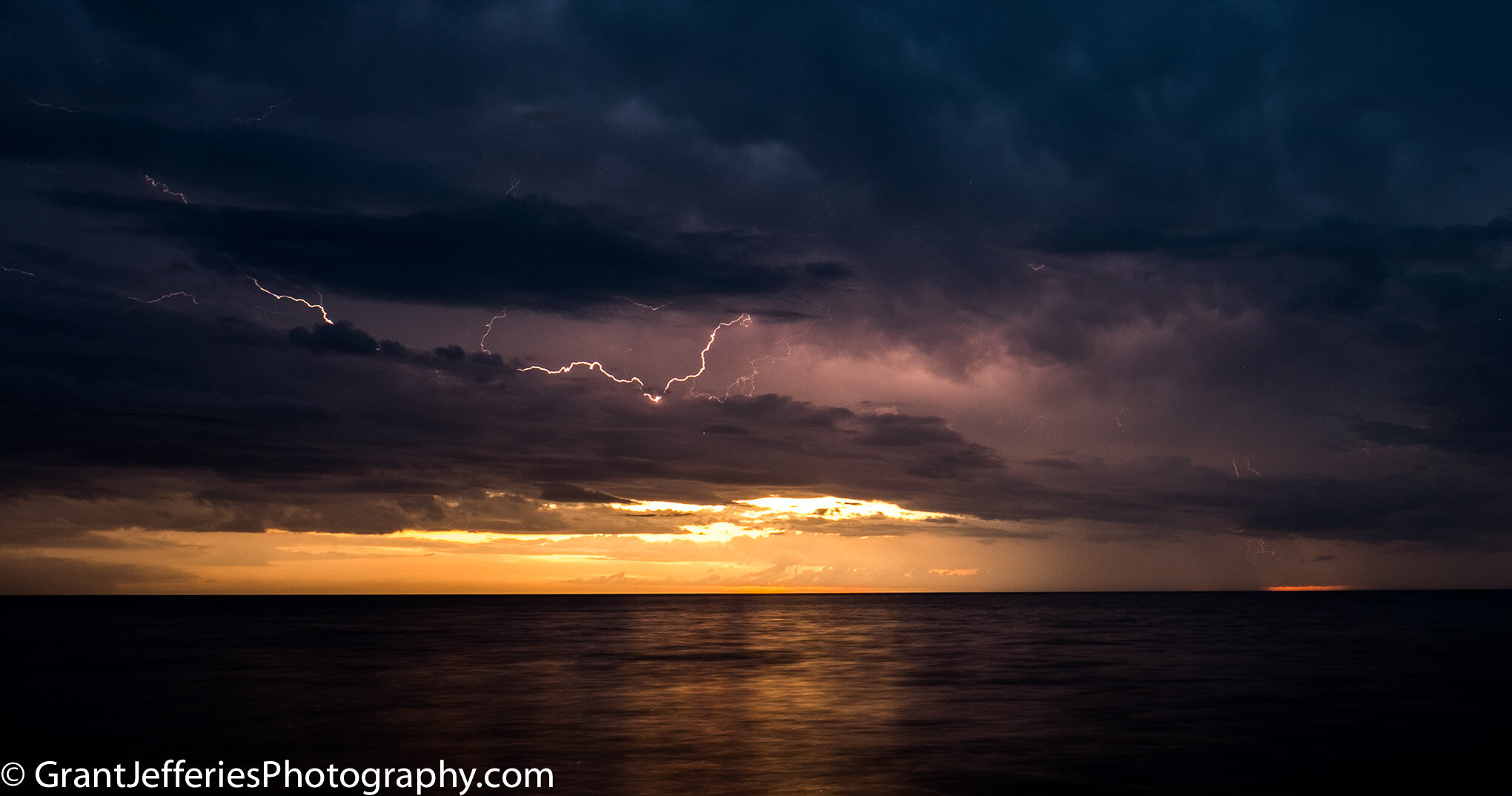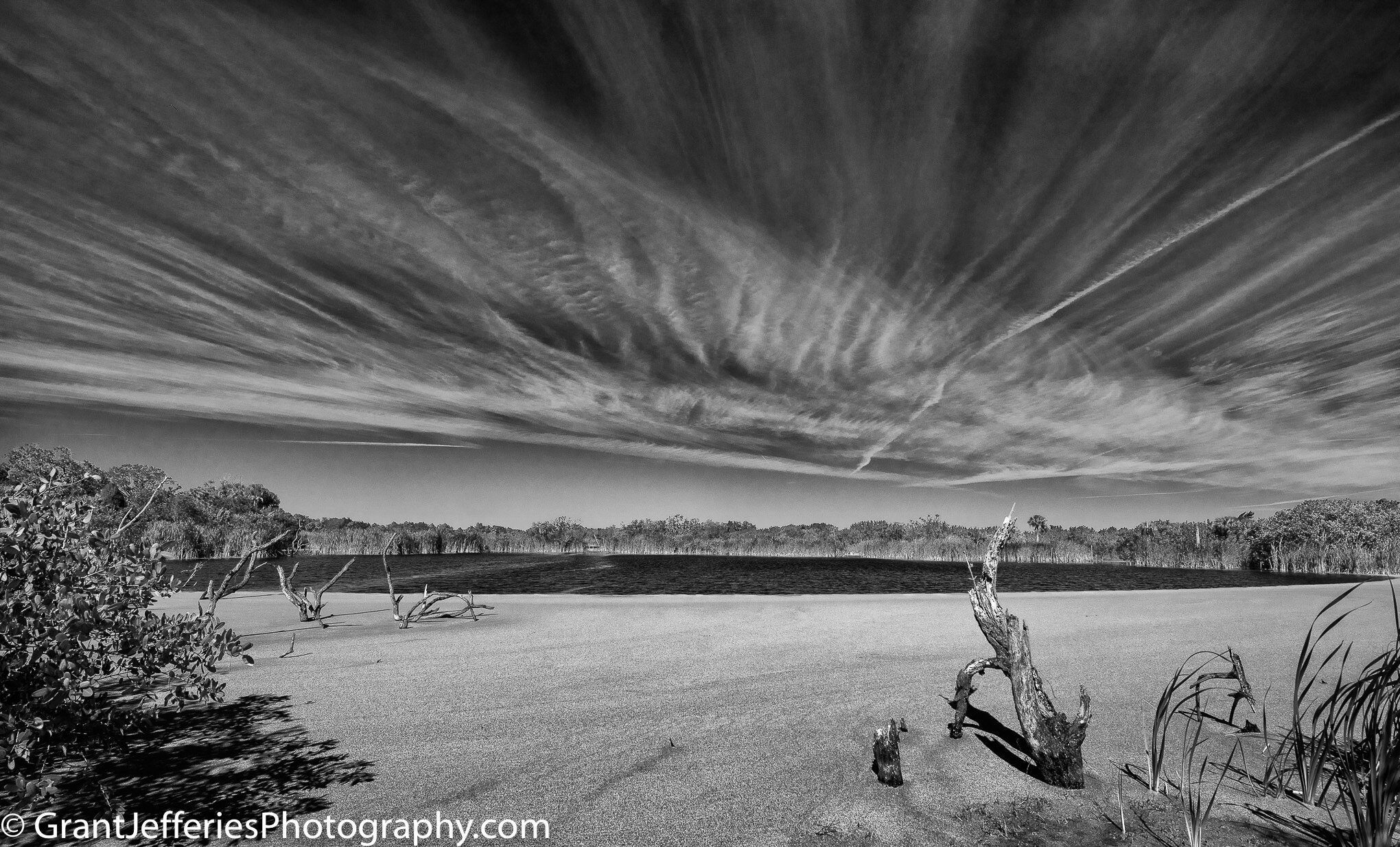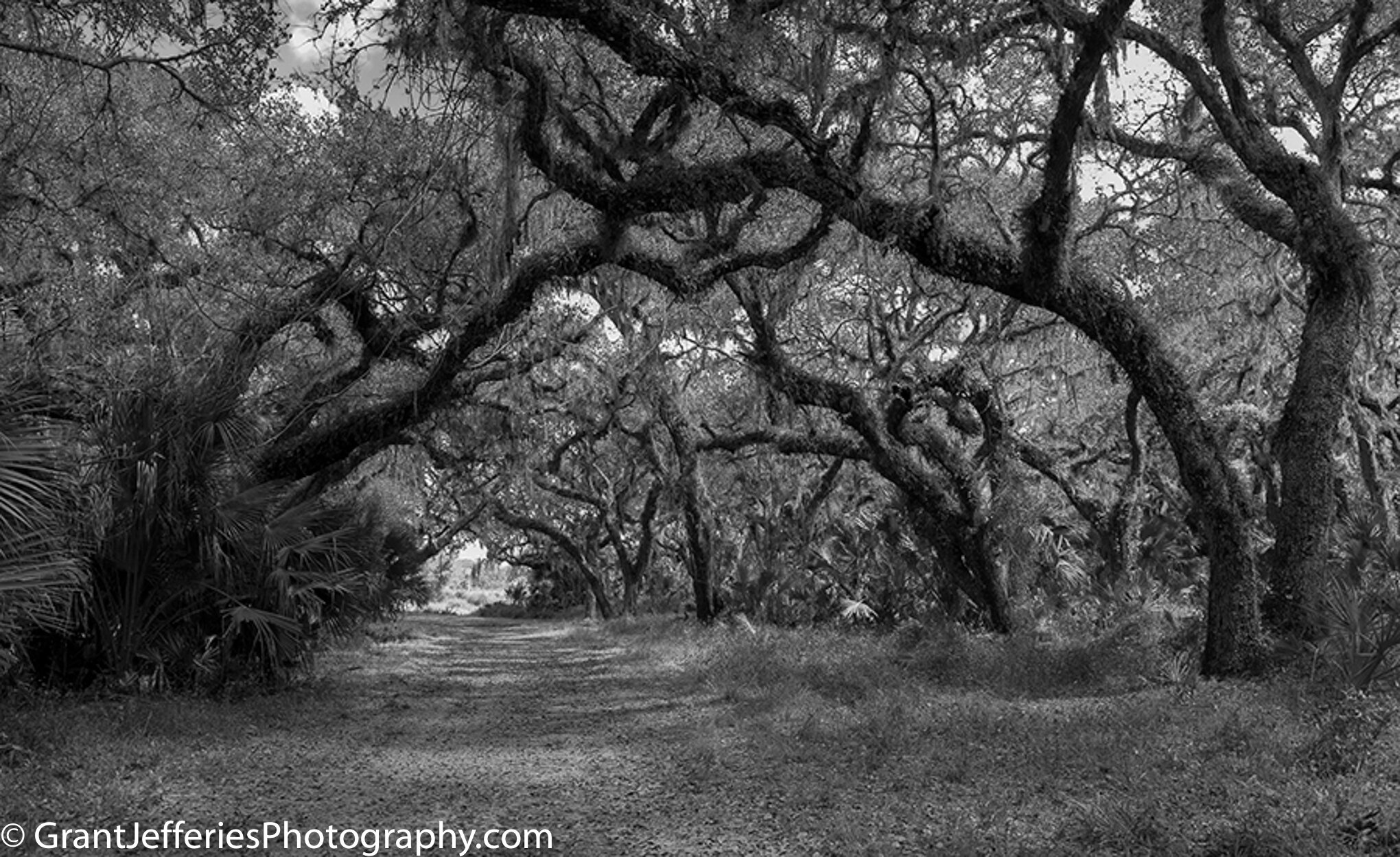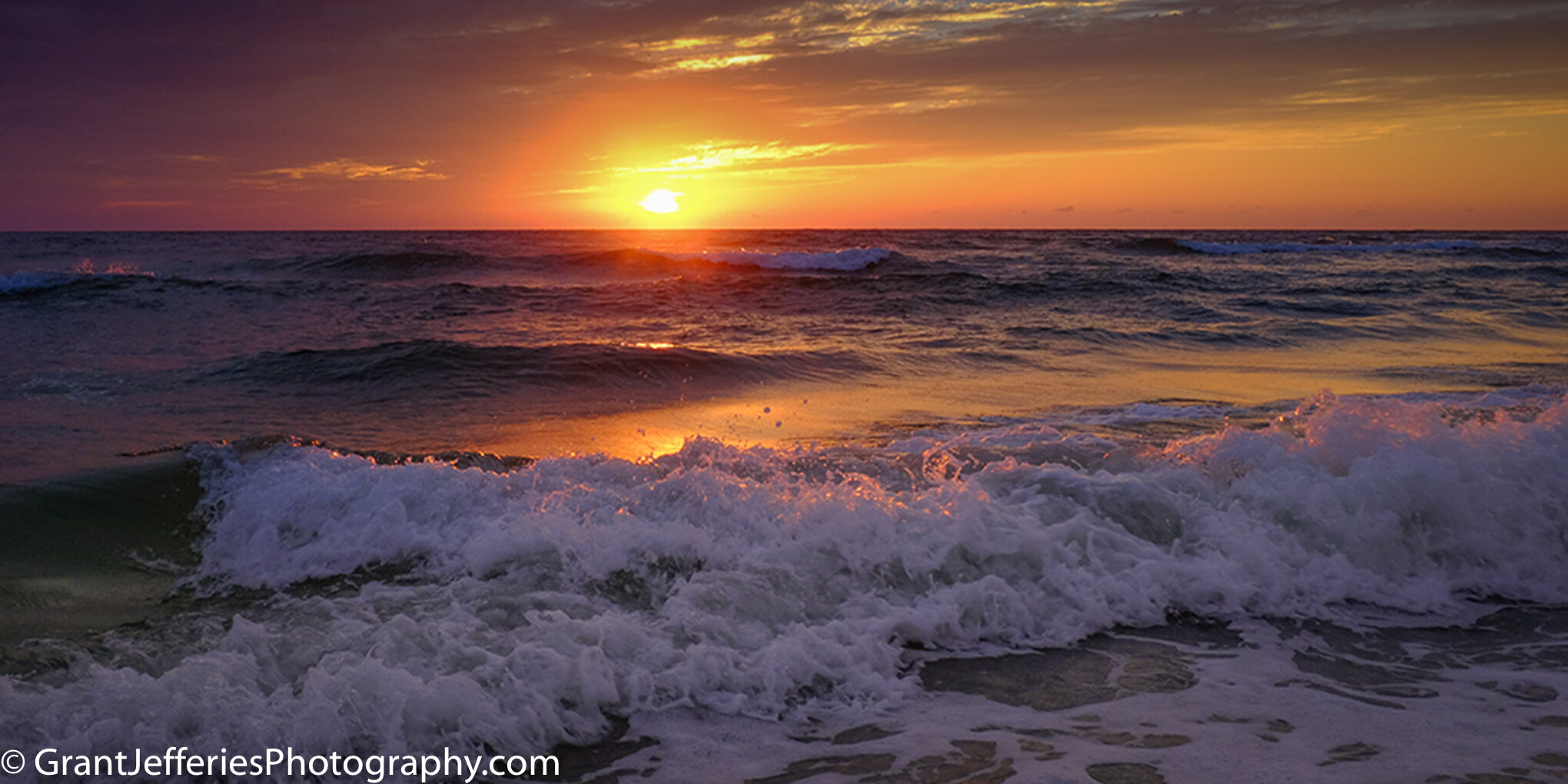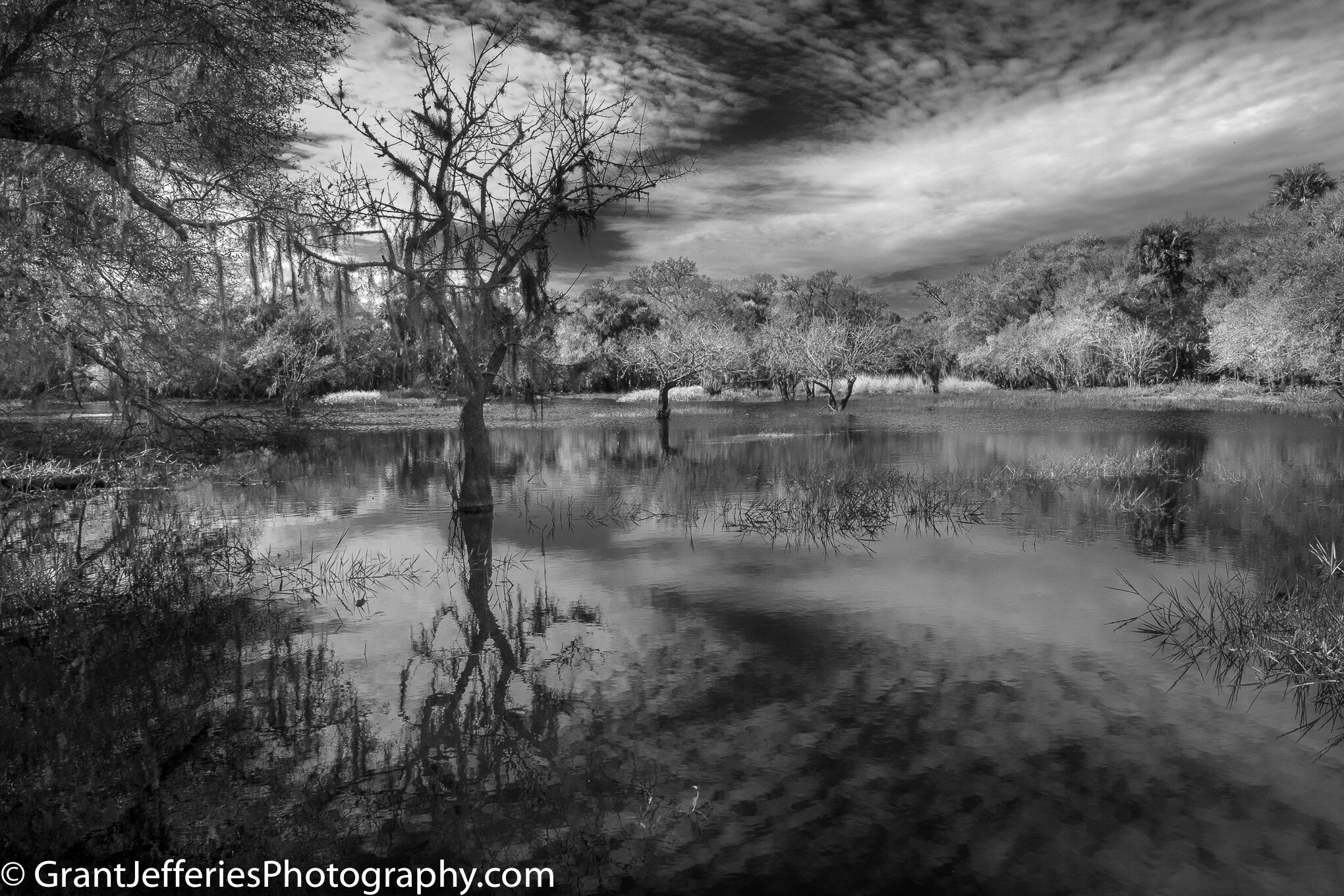The first Earth Day 50 years ago was designed to raise awareness to the harm we had been doing to the environment. Pollution was rampant in rivers, on the land and in the air. The environment was unhealthy and people were killing the very things that sustained us. We have made some improvements in 50 years, yet we still have a long way to go. And in some ways we continue to do more harm as development is unfettered and open space shrinks.
This Earth Day, however, everything has slowed and the environment seems to be getting a breather as its human inhabitants stay home. Fewer cars on the roads in Punjab India, means that the Himalayas are visible 100 miles away for the first time in three decades. In just a short time as the world’s people have been mostly confined to their homes, the earth is becoming cleaner and wildlife is taking advantage of open spaces once again. In a story from the Associated Press, conservation scientist Stuart Pimm of Duke University, said the Coronavirus quarantine “is giving us this quite extraordinary insight into just how much of a mess we humans are making of our beautiful planet. This is giving us an opportunity to magically see how much better it can be.”
It’s a short-lived experiment, for sure, but we can only hope that its lesson lives on through the ages for our sake and for creation’s sake. I believe God created the earth and God gave man dominion over the earth. But I also believe in science and science shows us that we are not being good stewards. Psalm 24 tells us: “The earth is the Lord’s, and the fullness thereof, the world and those who dwell therein; for he founded it upon the seas, and established it on the rivers.” All of that is in our care, and God forgive us for we have been careless.
Some scientists say that the way we have treated the earth has allowed this COVID-19 virus to affect humans, and they may be right. Lee Hannah, senior scientist at Conservation International, says we must take care of nature to avoid future pandemics. Biodiversity—that is, the health of the entire ecosystem—can restrain pathogens before they ever leave the wild. “We need to tell people right now that there is a series of things we need to do once we’re out of this mess to make sure it never happens again,” Hannah says.
The first Earth Day led to major environmental laws such as the Clean Air Act, Clean Water Act and the Endangered Species Act, and he Environmental Protection Agency came into being. Since that time people have questioned the need for such measures. Look at the fight to clean up the Everglades for example. Florida is a microcosm of what’s going on in the world. Native Floridian and National Geographic Photographer Carlton Ward Jr. shared his insights with the Tampa Bay Times. There’s still time for optimism if we take action now.
I think the earth is telling us loud and clear that protecting what God has given us is essential to our own well-being. I hope that we heed the message on this 50th anniversary of the first Earth Day.
I hope you see the beauty in what God has provided in these photographs from our little spot on Earth.

